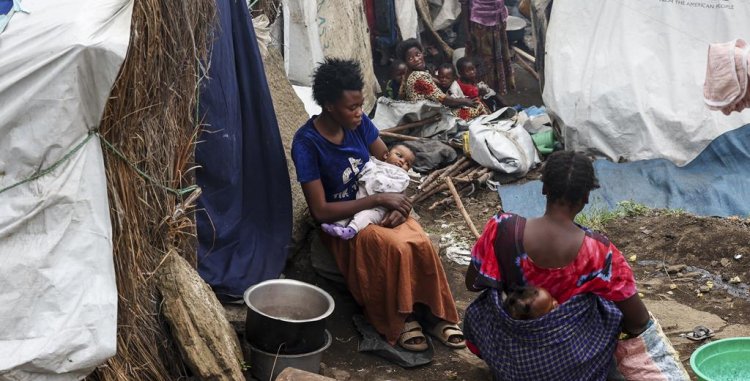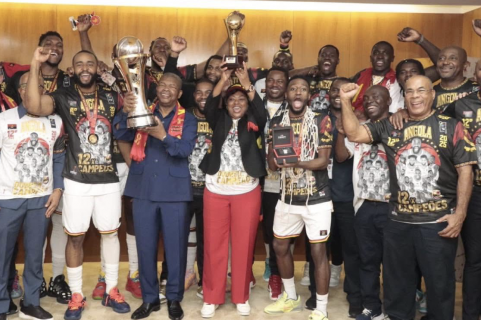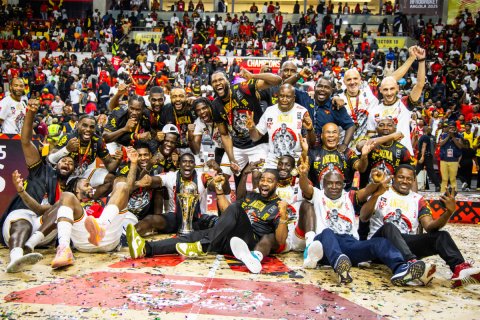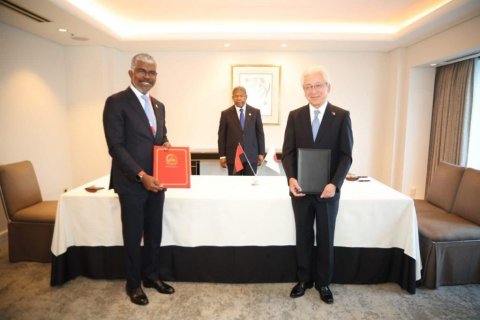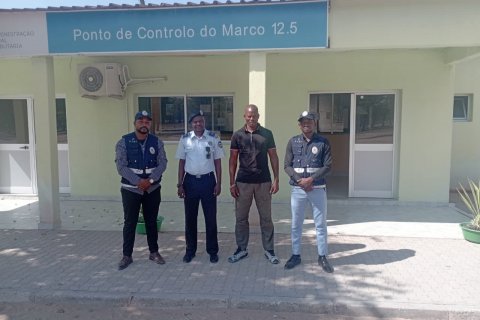"In the last few days, 2000 bodies have been recovered from the streets of Goma and 900 are in the morgue," Vivian van de Perre, deputy head of the UN mission in the Democratic Republic of Congo, told in a video news conference from that city, adding that the death toll could rise.
The rebel group March 23 Movement (M23) and Rwandan troops, after taking Goma, launched a new offensive in eastern DR Congo on Wednesday.
After seizing the capital of North Kivu province last week, M23 unilaterally declared a humanitarian ceasefire that was supposed to come into effect on Tuesday and added that it had "no intention of taking control of Bukavu or any other city."
But in the early hours of Wednesday, fighters from the rebel group and Rwandan soldiers began intense fighting against Congolese armed forces in the neighboring province of South Kivu.
According to security and humanitarian sources, they quickly took control of the mining town of Nyabibwe, about 100 kilometers from Bukavu and 70 kilometers from the provincial airport.
"This is clear proof that the unilateral ceasefire decreed was, as always, a farce," Congolese government spokesman Patrick Muyaya told the Agence France-Presse (AFP) news agency.
In more than three years of conflict, the Congolese army, which has a reputation for being poorly trained and plagued by corruption, has steadily regressed. Half a dozen ceasefires and truces were agreed, but they were never respected.
Clashes had already erupted last week in South Kivu, but in recent days there has been a lull. According to local and military sources, this pause was used by both sides to reinforce forces and equipment.
The international community and mediating countries such as Angola and Kenya are trying to find a diplomatic solution to the crisis, fearing a regional conflict.
According to diplomatic sources, the advance of the M23 and Rwandan troops could weaken the government of Democratic Congolese President Félix Tshisekedi, in power since 2019 and re-elected for a second term in December 2023.
Kinshasa urged the international community to sanction Kigali.
"We see a lot of statements, but we don't see any action," lamented the DR Congo's Foreign Minister, Thérèse Kayikwamba Wagner, on Wednesday.
Felix Tshisekedi and his Rwandan counterpart Paul Kagame are due to attend an extraordinary joint summit of the East African Community (EAC) and the Southern African Development Community (SADC) in Dar es Salaam on Saturday.
The UN Human Rights Council is due to meet on an emergency basis on Friday, at Kinshasa's request, to discuss the crisis. The Office of the Prosecutor of the International Criminal Court (ICC), which investigates war crimes and crimes against humanity, said on Wednesday that it was "closely monitoring" the situation in the DR Congo.
Several neighboring countries have already indicated that they are strengthening their defenses.
Uganda's army on Wednesday ruled out sending more troops to neighboring DR Congo due to the escalating conflict.
"We have no plans to send more troops," Ugandan armed forces spokesman Felix Kulayigye told EFE news agency, denying reports citing diplomatic and UN sources that reported sending another thousand soldiers from the Ugandan army, allied with the Congolese troops, to the front line.
In this region marked by decades of conflict, Kinshasa accuses Kigali of wanting to plunder the countless natural resources.
Rwanda denies this and says it aims to eradicate armed groups, particularly those created by former Hutu leaders of the 1994 Tutsi genocide in Rwanda, which it considers a threat to its security.

